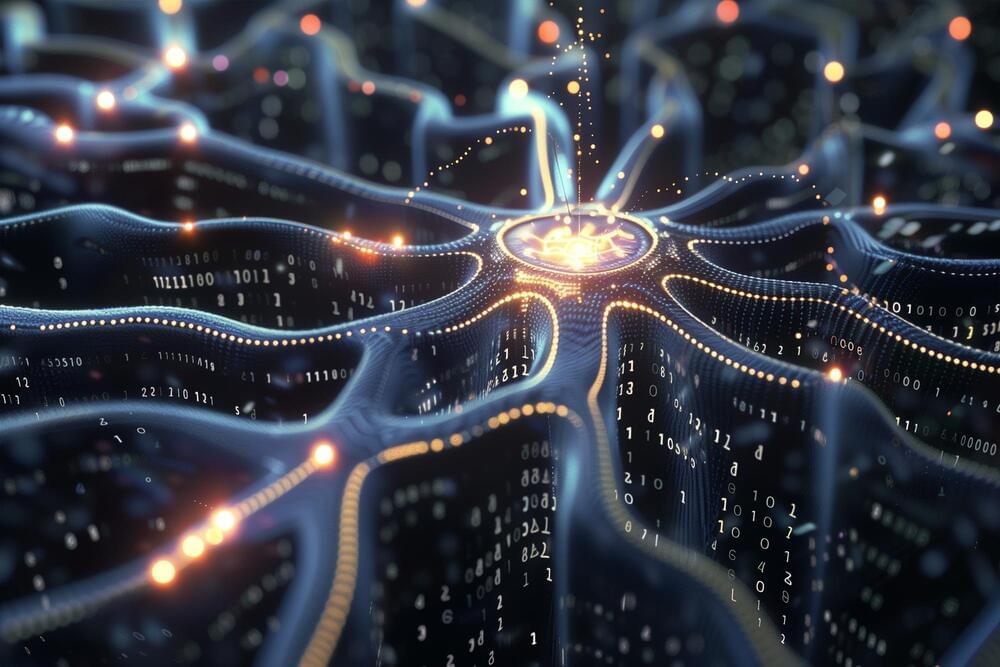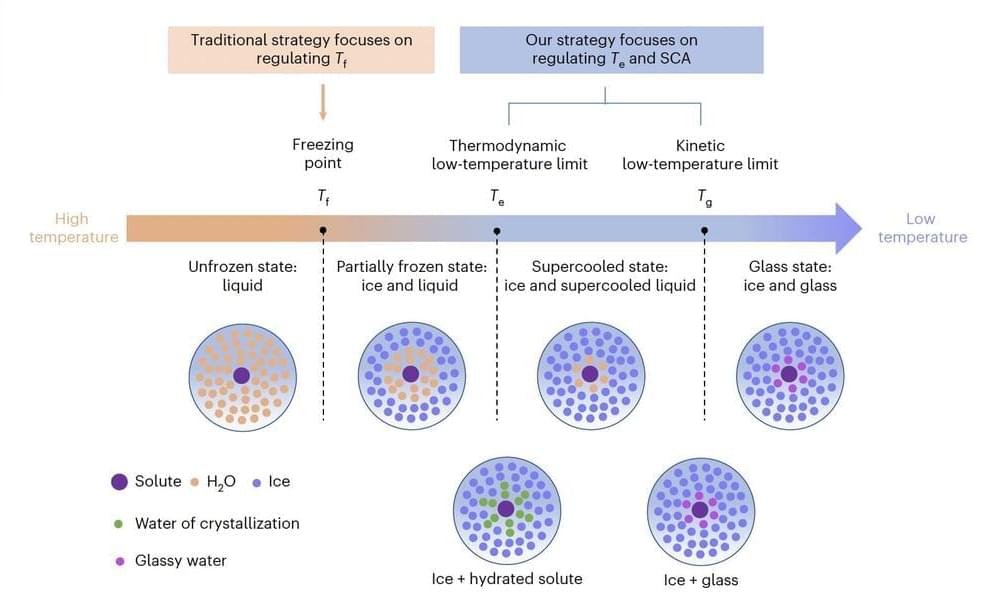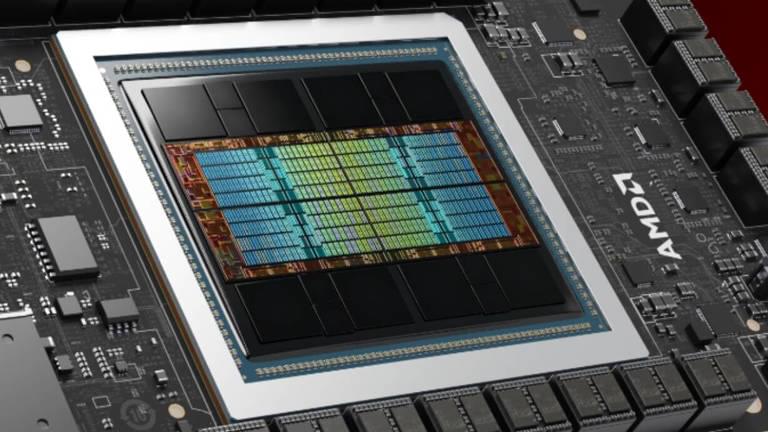Researchers at NCI and Memorial Sloan Kettering Cancer Center have developed an artificial intelligence (AI) tool that uses routine clinical data to predict whether someone’s cancer will respond to immune checkpoint inhibitors, a type of immunotherapy drug that helps immune cells kill cancer cells.
AI tool uses routine clinical data to predict whether someone’s cancer will respond to immune checkpoint inhibitors.








